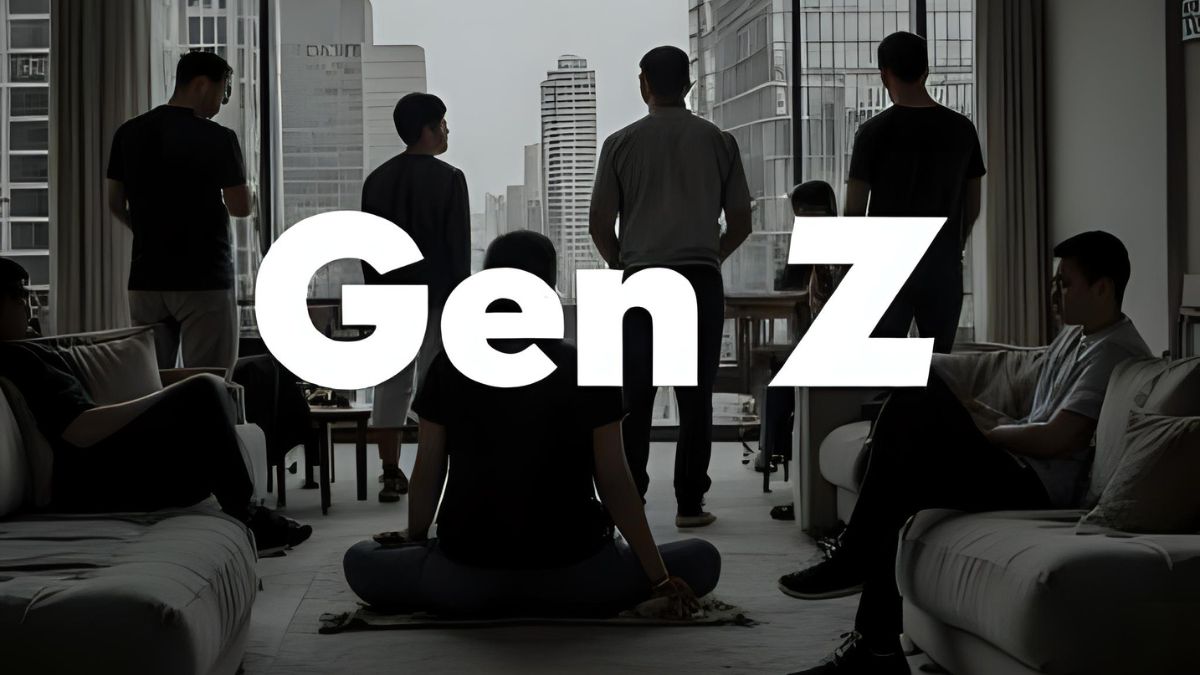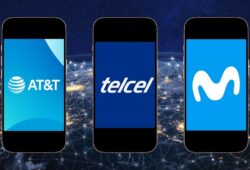
As Generation Z —born between 1997 and 2012— enters the workforce, perceptions about their attitude, abilities, and expectations are dividing employers and business leaders. While some see them as a digital, empathetic, and proactive generation, for others, centennials or Gen Z are synonymous with fragility, lack of commitment, and high levels of unrealistic demands.
Are these criticisms a true reflection of a generational crisis, or are they biases from business structures that have failed to adapt? Data from a study by Intelligent.com, reported by Statista, provides a clear snapshot of how employers perceive Generation Z and opens the debate.
ALSO READ. How is Google’s AI mode different? This is how it works
What employers think: fair judgment?
An analysis of 808 business leaders over the age of 35 in the United States revealed concerning perceptions about newly graduated zoomers:
- 84% believe they expect salaries that are too high.
- 79% think they have a worse work ethic than previous generations.
- 75% see them as more “spoiled or entitled.”
- 72% claim they have fewer practical skills.
- 70% say they are more political in the workplace.
- 67% describe them as less emotionally resilient.
- 60% believe they have poorer social skills.
- 57% say they are harder to train.
These figures reflect a widespread sense of distrust and dissatisfaction among employers toward the new generations. But is that entirely true?
The other side: what Generation Z says about themselves
Far from being an indifferent generation, Gen Z youth have demonstrated a strong awareness of their challenges and limitations. For example:
- 64% identify lack of financial resources as the main barrier to achieving their professional goals.
- 41% admit they don’t know how to choose the best career path.
- 37% acknowledge lacking information about job opportunities.
- Additionally, most value work-life balance, mental health, and the ability to do something meaningful beyond salary.
In other words, for centennials or zoomers, it’s not that they aren’t prepared — it’s that they have different priorities. And they refuse to replicate outdated models if that means sacrificing their well-being.
78% of Gen Z believe having a balanced life is essential for professional success, followed by doing what they’re passionate about (73%), having free time, healthcare, and constant learning opportunities.
Many traditional leaders have misinterpreted this as “excessive demands.” But in reality, what they demand is not comfort, but dignity at work, fair conditions, and real opportunities for growth. Their so-called “demands” are, in many cases, a sign of clarity about their boundaries.
Less resilient or more self-aware?
Another common criticism is that they are “weak” or “less tough” emotionally. But in reality, Gen Z has placed mental health at the center of the conversation, not as a luxury, but as a vital priority. 62% of them consider emotional well-being “very important” in their daily lives.
One interpretation of these figures is that the fact they do not tolerate toxic environments, long working hours, or authoritarian bosses does not make them less resilient. It makes them more aware of their rights, more attentive to signs of burnout, and, in many cases, more likely to seek help or change their environment if necessary.
Poorly prepared or poorly guided?
While some employers believe they arrive with fewer practical skills, it is also true that Gen Z was educated in a system that prioritized technology but neglected aspects such as emotional intelligence, interpersonal communication, and preparation for real work environments.
They themselves acknowledge their desire to learn more: 49% want leadership training, 47% seek mental health education, and 46% want to develop hard skills. In other words, they may have gaps, but they also have the willingness to overcome them.
Generation Z or “Generation Glass”: myth or reality?
The perception that centennials are less prepared, more fragile, and excessively demanding is not entirely a myth, but neither is it an absolute truth. It is the result of a clash between two work models: one that resists change and another that seeks to redefine work in function of life, not the other way around.
Companies will need to learn to coexist with Generation Z — and to learn from them. Because far from being a problem, this generation could be the solution to a work model that urgently needs to evolve. But to achieve that, it will be necessary to listen without prejudice… and lead with empathy.










